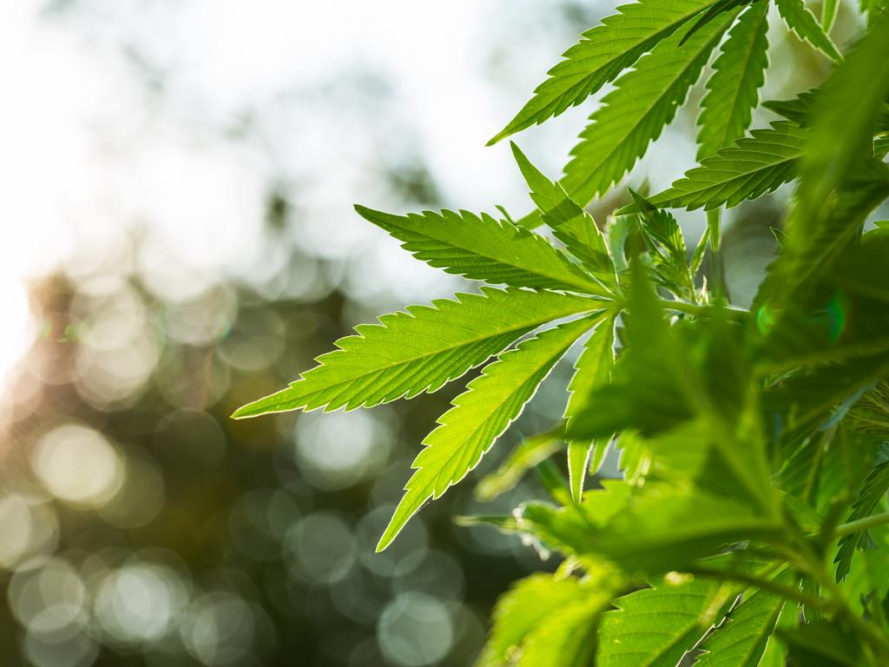
By JIM SAUNDERS AND DARA KAM
THE NEWS SERVICE OF FLORIDA
After a tense debate, a Senate committee Monday backed a bill that calls for allowing terminally ill patients to have access to medical marijuana and revamping a 2014 cannabis law that has been tangled in legal fights.
The bill (SB 460), approved by the Senate Rules Committee, would allow dying patients to use full-strength medical marijuana — a potentially major shift in Florida. But that issue received relatively little debate Monday, as senators sparred over other parts of the bill that are an outgrowth of the 2014 law, which authorized non-euphoric types of cannabis for patients such as children who suffer from severe epilepsy.
The bill, in part, would likely lead to more licenses for nurseries that would be able to grow, process and distribute the full-strength and non-euphoric types of pot. Under the 2014 law, doctors were supposed to begin ordering low-THC products for patients more than a year ago, but the substances are still not available because of a series of legal battles about the potentially lucrative licenses.
Bill sponsor Rob Bradley, R-Fleming Island, said he was trying to make changes to “deliver on the promise” that was given to families in 2014.
“Two years ago we made a promise to the families that we all met, that some of us got to know … very well,” Bradley said. “And here we are two years later and we have not made good on that promise to them.”
Similarly, Sen. Don Gaetz, R-Niceville, described it as a “moral imperative” to support the bill because it could help make the non-euphoric products available to suffering children and patients.
But Sen. Jack Latvala, R-Clearwater, objected to the bill because he said it was not about taking care of the children the 2014 law was intended to help.
“The most repugnant thing is that we’re using the guise of helping these kids for a special interest food fight to expand the people that can offer this, that can make money on it,” he said. “We got somebody who got left out so this bill takes care of them. … This is about making money, as much or more as it’s about helping sick people. And that’s my moral imperative to vote no.”
Nurseries and their affiliates are anxious to get a toe-hold in Florida before the November elections, when voters will decide on a constitutional amendment that would broadly legalize medical marijuana. Passage of the amendment would greatly expand the number of patients who would be eligible for the treatment.
The 2014 law authorized five dispensing organizations to grow, process and distribute marijuana that is low in euphoria-inducing tetrahydrocannabinol, or THC, and high in cannabadiol, or CBD. Nurseries that have been in business for at least 30 continuous years in Florida and grow a minimum of 400,000 plants were eligible to apply for one of the five coveted licenses.
In November, health officials selected five applicants — one in each region of the state — from more than two-dozen hopefuls seeking the licenses. The selection of the five licensees set off another round of legal challenges; hearings in the cases are slated from March through August.
The bill approved Monday includes provisions that would allow each of the five applicants selected by health officials in November to keep their licenses and also would allow applicants whose challenges are successful to get licenses.
Also, the measure would allow for three new dispensing organizations, once doctors have ordered the medical marijuana treatment for at least 250,000 patients.
The proposal could clear the way for Gainesville-based San Felasco Nurseries — one of the growers challenging the licenses — to start operating. An administrative law judge on Friday ruled that health officials wrongly disqualified Daniel Banks, the nursery’s director of research and development, for failing what is known as a “level 2” background screening.



